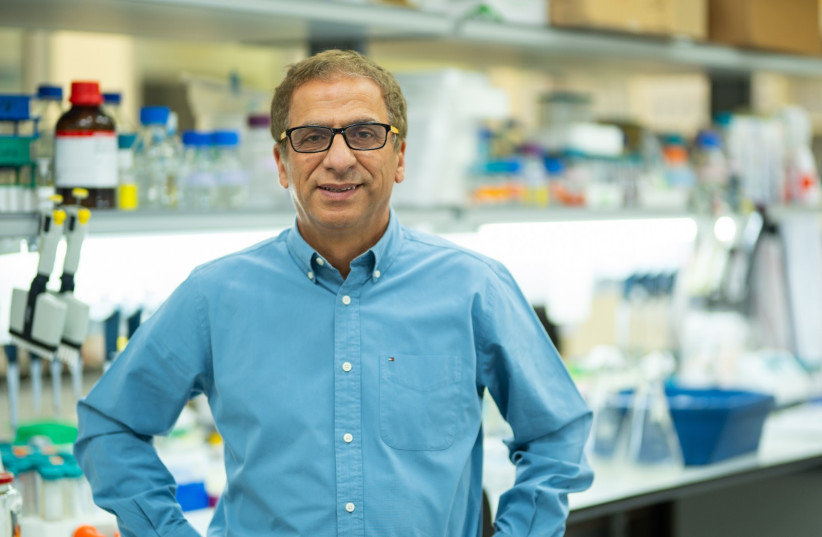Israel’s MigVax has received a grant of $4.3 million to help develop its COVID-19 oral subunit vaccine tablet from the Coalition of Epidemic Preparedness Innovations (CEPI), based in Norway.
The award is part of a $200m. program to advance the development of vaccines that provide broad protection against COVID-19 variants or future coronaviruses.
Canada’s University of Saskatchewan’s Vaccine and Infectious Disease Organization also received a grant from CEPI.
“We are gratified that CEPI shares our conviction that a subunit oral vaccine tablet could help the world return to a ‘new normal’ in the ‘day-after-the-pandemic’ reality,” said MigVax CEO David Zigdon. “In fact, 20 months into the COVID crisis, it is clearer than ever that the struggle to keep the disease under control will be nearly as challenging as getting it under control to begin with.
“Oral boosters such as our MigVax-101 which could protect against emerging COVID-19 variants will help health organizations transition from panic mode to routine, reducing the cost and expanding the reach of their vaccination programs,” he continued. “We will take full advantage of this grant to bring it to market faster and explore the potential use of our vaccine platform against other coronaviruses.”

MigVax is an affiliate of MIGAL Galilee Research Institute. The vaccine is called MigVax-101.
Unlike the Pfizer or Moderna vaccines that use messenger RNA, this is an oral subunit vaccine, meaning the vaccine presents the coronavirus antigen to the immune system without introducing pathogen particles, whole or otherwise.
MIGAL was the first company worldwide to announce that it would put a vaccine on the market.
In February 2020, an announcement by MIGAL, with a quote by then science and technology minister Ofir Akunis, promised that “the vaccine could be ready within a few weeks and available in 90 days.” However, shortly thereafter the company went silent.
In June 2021, the company said that it was en route to clinical trials and hoped to have the vaccine ready as a booster dose for people within the next year.
A release explained that both the Israeli and the Canadian projects aim to establish preclinical proof of concept for “variant-proof” vaccines against COVID-19 and that the vaccine platforms could also be used in the future to protect against yet unknown pathogens that could emerge.
The organization’s investment will go toward antigen and candidate selection, vaccine formulation, manufacturing process development and preclinical testing.
In exchange for the grant, the organizations have to commit to “achieving equitable access to the outputs of these projects” in line with CEPI’s Equitable Access Policy, which would allow vaccines it helps develop to be used free of charge if and when an outbreak occurs.
The awards were granted following a call for proposals by CEPI that was issued in March 2021. Additional awards are expected to be announced soon.
CEPI, which was launched at Davos in 2017, is a partnership of public, private, philanthropic and civil organizations. It aims to develop vaccines against future pandemics. Before COVID, it worked on vaccines against Ebola, Middle East Respiratory Syndrome and others.
“In countries with sufficient access to them, vaccines are now breaking the link between COVID-19 infection and severe illness or death, and enabling life to return to something approaching normality,” said CEPI CEO Dr. Richard Hatchett. “But the threat of new variants emerging, which can evade the protection of our current vaccines and set the global response back to square one, continues to hang over us all. That’s why developing globally accessible vaccines which are broadly protective against COVID-19 variants is imperative for global health security. Through these new partnerships we are taking the first steps towards achieving that goal.”
